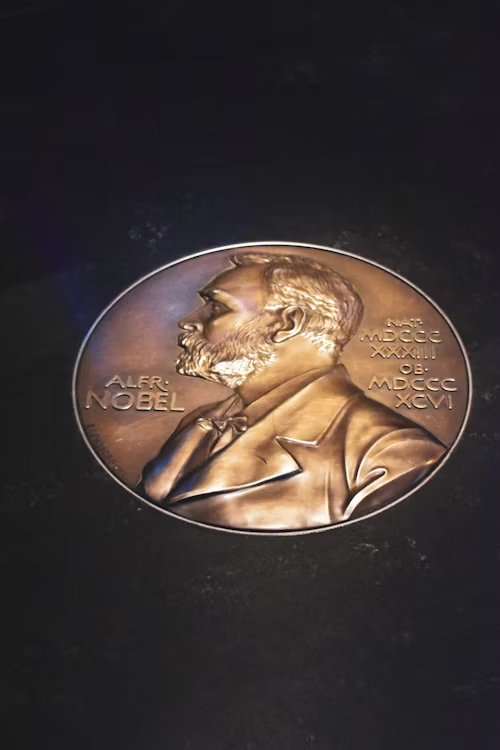
Trump and the Nobel Peace Prize Debate: Exploring the Politics, Perception, and Global Impact
Introduction
Few political discussions have stirred as much intrigue as the Trump Nobel Peace Prize debate. Since his presidency, conversations about Trump news Nobel Peace Prize coverage and whether he deserves such recognition have flooded global media. Supporters often ask, will Trump get the Nobel Peace Prize, while critics question the merit behind his nominations. As the Nobel Peace Prize 2025 approaches, many are revisiting Trump’s legacy, comparing it with past Nobel Peace Prize winners, and speculating when will the Nobel Peace Prize be announced. This article explores the origins of the Trump Nobel Peace Prize 2025 discussions, the divided public perception, and the lasting global implications of the Trump Peace Prize candidacy and the ongoing Trump Nobel Nomination Controversy.
I. The Origins of the “Trump Nobel Peace Prize” Discussion
The roots of the Trump Nobel Peace Prize conversation stem from several high-profile diplomatic moves during his presidency. His direct engagement with North Korea, including meetings with Kim Jong-un, was seen by some as a groundbreaking moment in modern diplomacy. Additionally, his administration’s role in facilitating the Abraham Accords—which normalized relations between Israel and several Arab nations—was cited by supporters as a major reason he deserved recognition. These milestones triggered a wave of nominations from international politicians and commentators who believed Trump’s approach to peace, though unconventional, achieved tangible results.
A timeline of Trump’s Nobel nominations shows significant support from European and Asian lawmakers during his presidency. Yet, many observers pointed out stark contrasts between his record and that of historical Nobel Peace Prize recipients such as Nelson Mandela or Malala Yousafzai. Nobel Committee representatives, while acknowledging the political attention, clarified that nominations do not necessarily imply endorsement. This clarification further fueled the Trump Nobel Peace Prize odds debate, turning a symbolic nomination into a global talking point.
II. Political and Public Perception: The Divided Response
Public reaction to Trump’s Nobel candidacy has been deeply polarized. Domestically, his supporters viewed the nomination as validation of his foreign policy successes, while detractors considered it a political spectacle. Internationally, reactions were equally divided, with some leaders praising his pragmatic diplomacy and others criticizing his confrontational style.
The media played a pivotal role in amplifying this divide. Coverage of the Trump Nobel Peace Prize debate often reflected broader political alignments rather than impartial analysis.
Contrasting viewpoints include:
- Analysts who argue Trump’s diplomacy created unprecedented peace opportunities.
- Critics who claim his methods destabilized global relations rather than strengthened them.
- Commentators who see the entire nomination process as politicized and symbolic.
Surveys conducted in the United States and Europe revealed that opinions on Trump’s Nobel prospects mirrored political loyalties more than objective evaluation. Experts noted that this polarization illustrates how peace recognition has become entangled with partisan narratives.
III. Global Impact and the Legacy of the Debate
Beyond domestic discourse, the Trump Nobel Peace Prize debate reshaped how global audiences perceive both American diplomacy and the Nobel institution itself. Some argue that his nominations pushed the Nobel Committee to reconsider what constitutes “peace efforts” in a world of strategic negotiations and realpolitik. Others contend that the controversy diluted the moral authority of the award.
The ongoing conversation around the Trump Nobel Peace Prize odds demonstrates how modern politics can blur the line between diplomacy and branding. International analysts suggest that future Nobel Peace Prize nominations involving political figures may face similar scrutiny, as social media and global polarization continue to shape perception.
Conclusion
The Trump Nobel Peace Prize debate underscores the tension between political accomplishment and moral recognition. It reveals how the meaning of peace is evolving in an era dominated by media narratives and divided ideologies. Whether or not Trump ultimately secures the Nobel Peace Prize 2025, his candidacy has already left a lasting mark on global discourse about diplomacy and recognition. Readers are encouraged to stay informed and engage in thoughtful dialogue as the world anticipates the next chapter in this ongoing political and moral debate.
